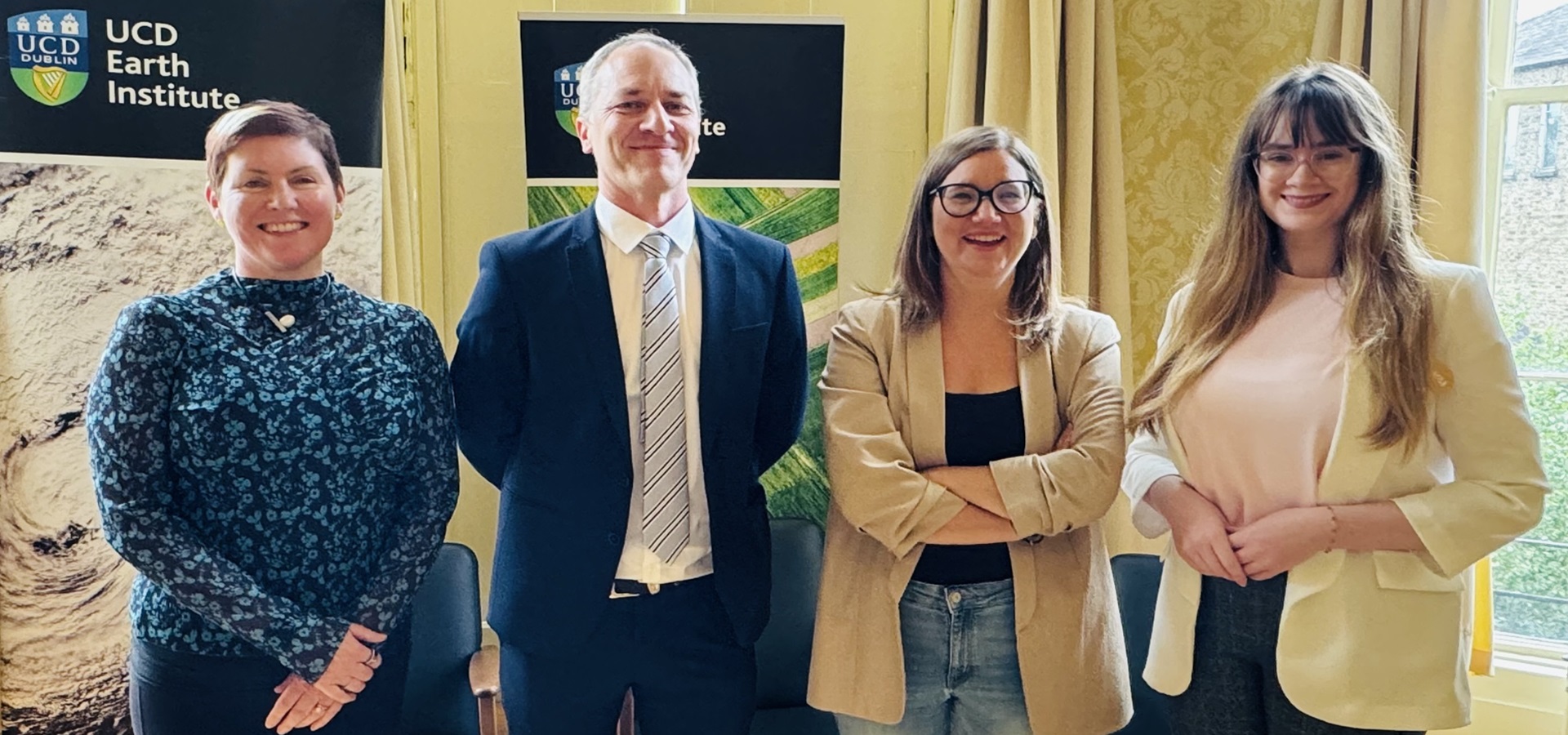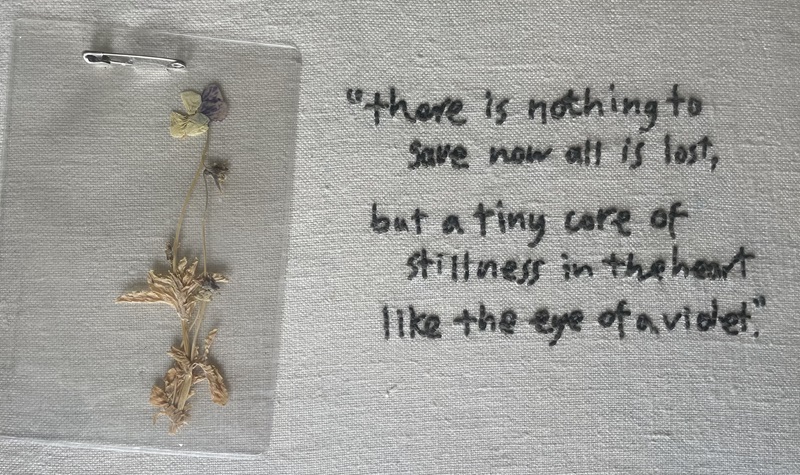Bradley discussed the global and rapidly growing movement of 'prepping' for social and environmental collapse, or 'Doomsday'. From the 'dread merchants' hustling safe spaces in the American mid-West to eco-fortresses in Thailand, from geoscrapers to armoured mobile bunkers, Bunker is a brilliant, original and never less than deeply disturbing story from the frontlines of the way we live now: an illuminating reflection on our age of disquiet and dread that brings it into new, sharp focus.
The bunker, Garrett shows, is all around us: in malls, airports, gated communities, the vehicles we drive. Most of all, he shows, it's in our minds.
'Bunker is an extraordinary achievement; a big-thinking, deep-diving, page-turning study of fear, privilege and apocalypse told through the space of the bunker. Garrett has written a gripping, grim, witty work of geography and ethnography, which he completed - with eerie timeliness - in the first weeks of the COVID pandemic. A book about prepping and prognostication, then, which had already foretold its own future' - Robert MacFarlane
About the Speakers
Dr. Bradley Garrett is a social and cultural geographer whose research often engages with urban and subterranean geographies. Methodologically, Brad has an interest in ethnographic and visual methods. After completing his PhD at the University of London in 2012, Brad moved on to a postdoctoral fellowship at Oxford University (Wolfson College), a lecturership at the University of Southampton, and then worked as a Research Fellow at the University of Sydney for three years. Currently, he is an Assistant Professor in the UCD School of Geography, Dublin.
Dr Kezia Barker is a lecturer in Environmental Studies at Birbeck University of London. As a geographer, Kezia's research interests lie in how social, cultural and political life grapples with environmental futures; from attempts to ‘secure’ unruly natures through biosecurity and health security, to individual preparedness for environmental catastrophe, to visions of alternative food futures. In particular, Kezia considers how the issue of environmental instability resides in the messy intersection of identity, expertise and everyday practices.
Dr. Ian Klinke is an Associate Professor in Human Geography and Tutorial Fellow at St John's College, University of Oxford. Situated within political geography, Ian’s work has focused on the tradition of German geopolitics and the material landscapes of the Cold War. Posing both historical and contemporary questions, his research combines an interest in critical social theory with multi-method empirical work. Situated within political geography, Ian’s work has focused on the tradition of German geopolitics and the material landscapes of the Cold War. Posing both historical and contemporary questions, his research combines an interest in critical social theory with multi-method empirical work.


.jpg)